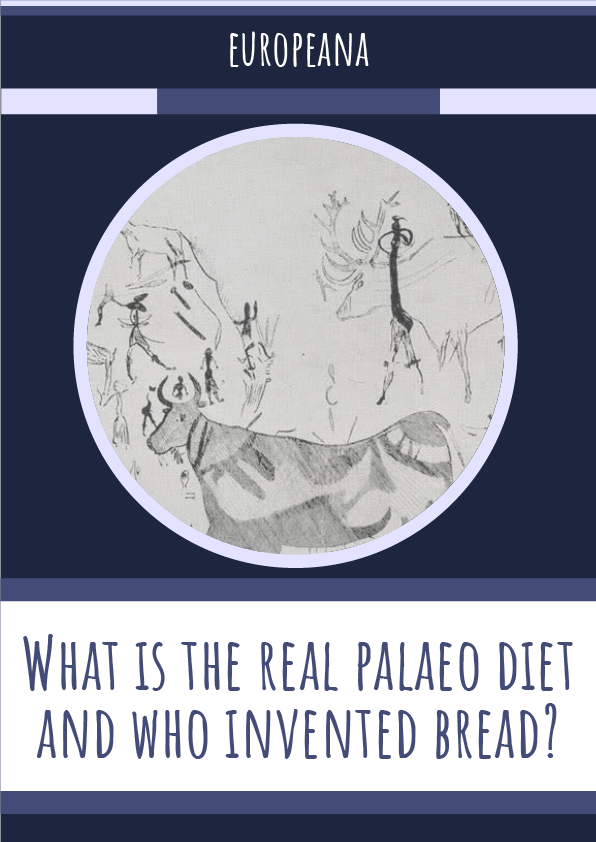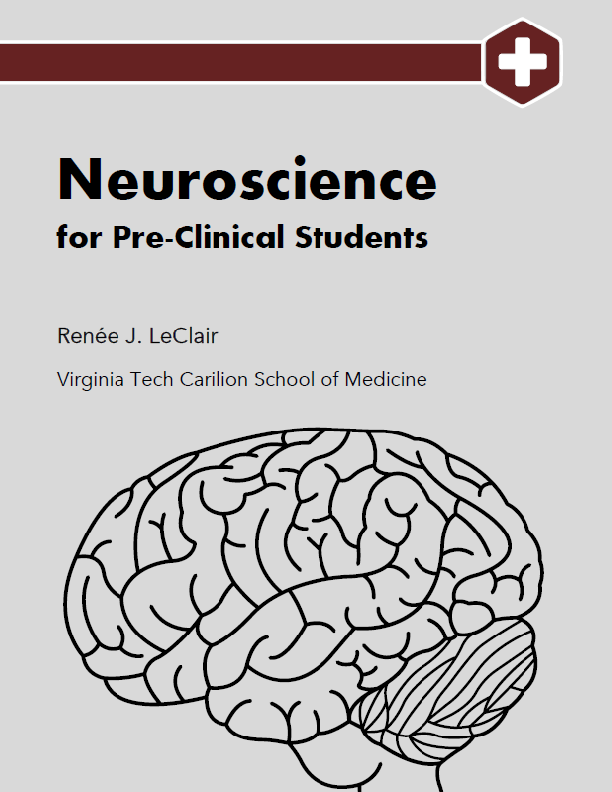What archaeology tells us about eating and drinking in the past
Archaeology can give great insight into what processes have made us the humans we are today. Seemingly small things have hugely influenced our contemporary lives, and maybe the most important one is the invention of cooking. Richard Wrangham, professor of biological anthropology, in his book, Catching Fire: How Cooking Made Us Human, describes how cooking reduced the caloric cost of digestion and increased the efficiency of food consumption. According to Wrangham, homo erectus (who lived between about 1.89 million and 143,000 years ago), evolved to develop a smaller, more efficient digestive tract that freed up the energy to enable brain growth. This was thanks to Homo Erectus being able to cook their food, setting the stage for modern humans. But what, and how, did these palaeolithic humans cook?
Who invented bread and pancakes?
Amaia Arranz Otaegui, a postdoctoral researcher from University of Copenhagen and her colleagues have found archaeobotanical evidence revealing the origins of bread 14,400 years ago in north-eastern Jordan. That’s about 4,000 years before agriculture![2] “Our work shows that bread was not a product of settled, complex societies but of Paleolithic hunter-gatherer society,” said Otaegui for The Washington Post. One of Otaegui’s articles poses that “Interdisciplinary analysis indicates the use of some of the “founder crops” of southwest Asian agriculture (like wild einkorn) and root foods (e.g. club-rush tubers) to produce flat bread-like products.”
The first known flatbread comes from Shubayqa 1, a Natufian hunter-gatherer site. Through cultural diffusion, and over time, these first flatbreads have evolved into the pizzas, pita, puri, pane carasau, chapati and tortillas we know and love today.
How humans have evolved to eat meat is another area of discussion and debate among archaeologists. Humans might have resorted to meat eating as a necessary adaptation to their changing environment, but it might also have been a milestone change that allowed for quick development of the human brain. Katherine Milton of the University of California says that “early humans were forced into this dietary change because the forests of Africa were receding and these hominids simply couldn’t get enough plant matter to stay alive”. Meredith F. Small from Cornell University adds that “for these few million years, humans apparently stuffed themselves with raw meat. And then somewhere, somehow, somebody offered it up cooked.”











